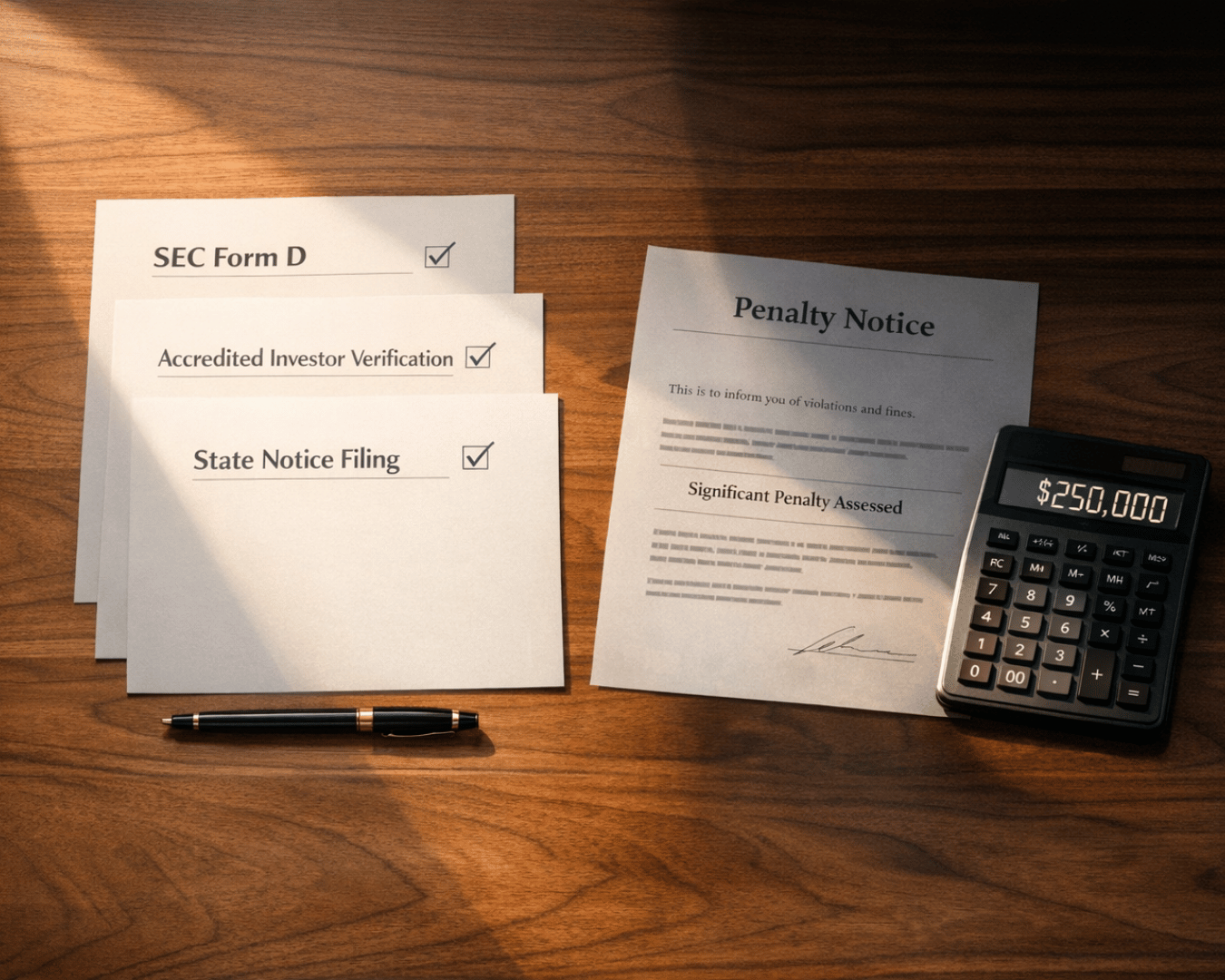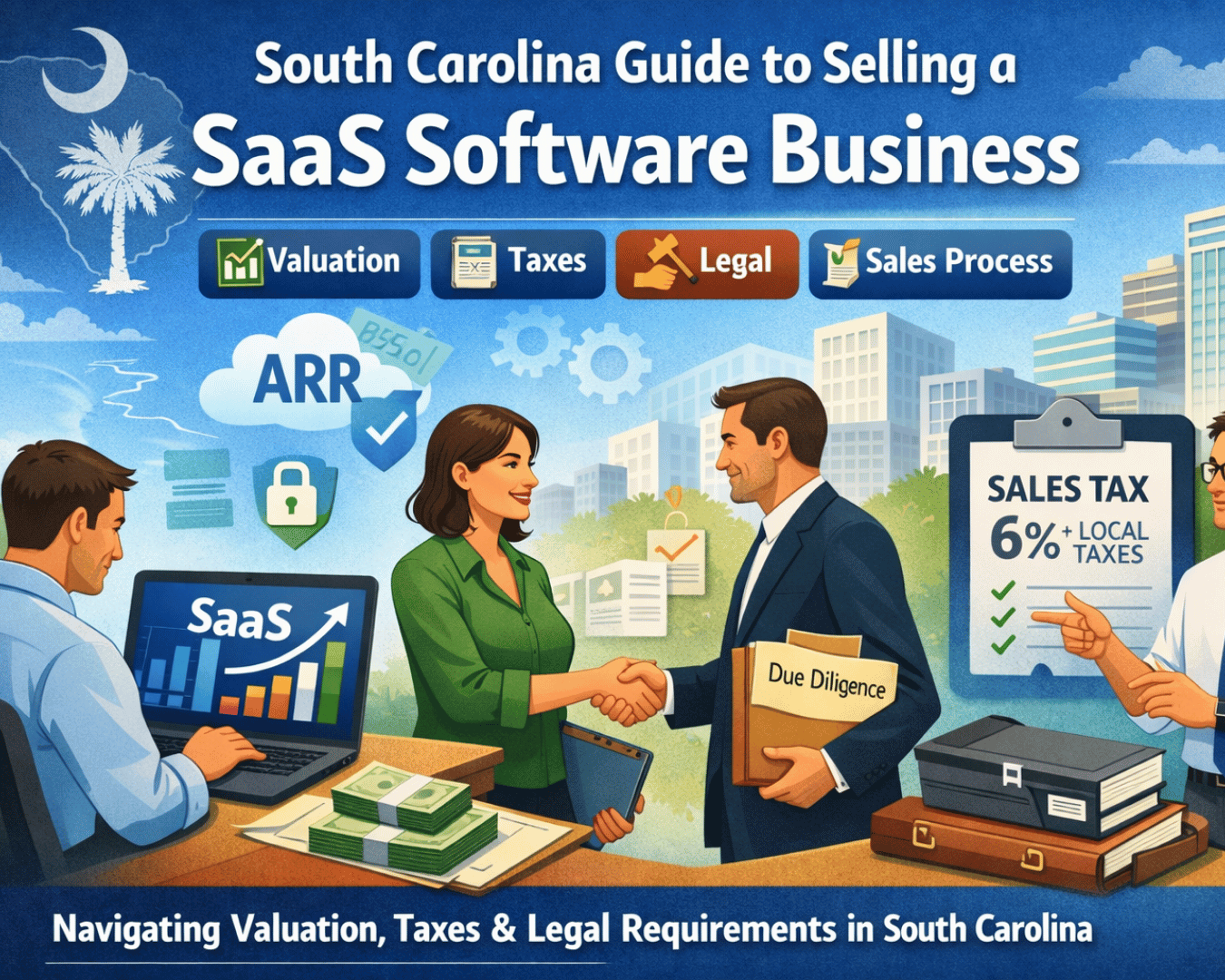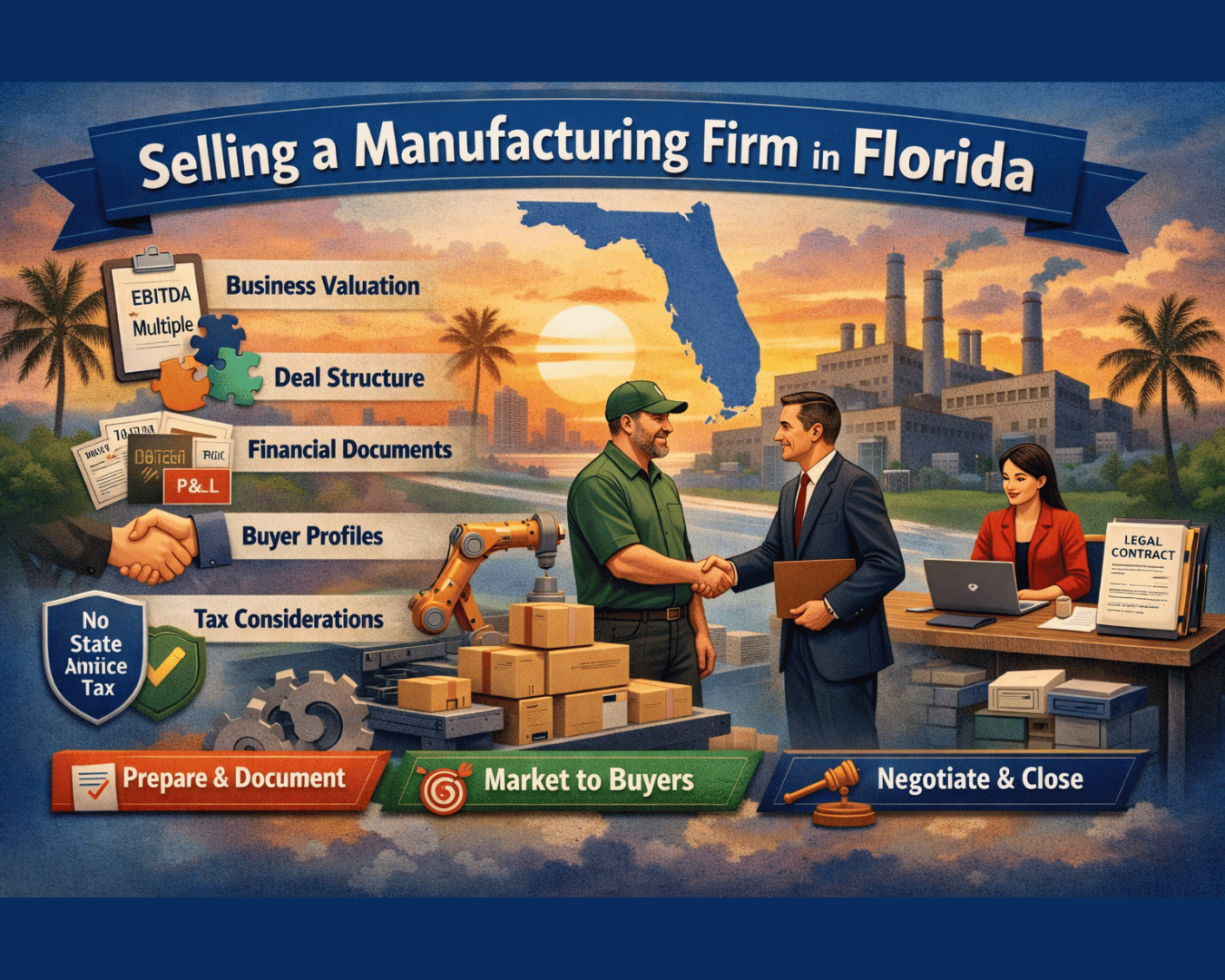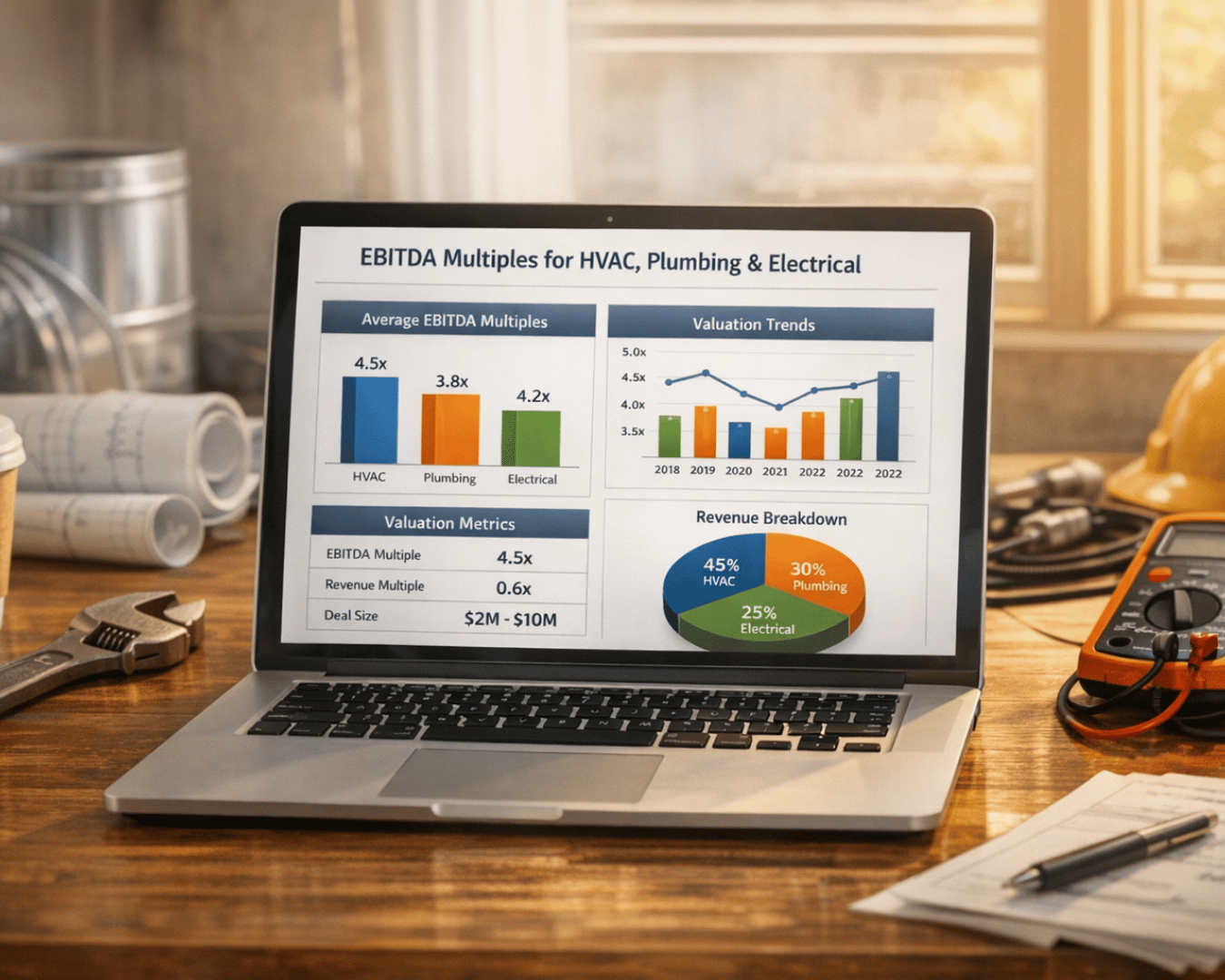NDAs (Non-Disclosure Agreements) are essential for protecting sensitive business information, whether you're a small business owner or part of a large corporation. But enforcing NDAs looks very different depending on the size of the deal.
Key Takeaways:
-
Small Business Challenges:
- High legal costs discourage enforcement.
- Breaches are harder to detect without advanced tools.
- State courts have inconsistent rulings.
- Financial strain and community relationships limit legal actions.
-
Large M&A Transactions:
- Backed by strong legal teams and advanced technology.
- Federal precedents make enforcement clearer.
- Costs are manageable relative to deal size.
Solutions for Small Businesses:
- Use automated NDA tools and secure data platforms.
- Share sensitive information in stages.
- Get expert legal reviews to avoid costly mistakes.
Whether you're dealing with a local transaction or a large acquisition, understanding these differences can help you better protect your business.
Are NDAs Worth It for Small Businesses? | Pros, Cons & Legal Insights for Protecting Your Business
1. NDA Enforcement in Small Business Deals
Small business owners often face tough hurdles when it comes to enforcing non-disclosure agreements (NDAs). Unlike large corporations with dedicated legal teams, small businesses typically rely on general attorneys who may not have deep expertise in handling NDA-related issues. This lack of specialized support can make it harder to take action when breaches occur.
One major obstacle is the cost. Legal fees for pursuing NDA violations can be steep, often discouraging small businesses from taking legal action. As a result, some breaches go unchallenged, which weakens the protective power of NDAs over time.
Another challenge is detecting breaches in the first place. Without advanced monitoring systems, small businesses often discover violations through informal channels - like word-of-mouth - or when they notice competitors offering suspiciously similar products or services. By the time a breach is identified, the confidential information may already have been compromised.
State courts, where many small business NDA disputes are resolved, add another layer of complexity. Different states have different legal standards and precedents, leading to inconsistent rulings. This lack of uniformity can make outcomes unpredictable and further discourage small businesses from pursuing legal remedies.
Even when legal action is taken, proving the extent of the damage caused by a breach is no small feat. Calculating financial losses often requires expert testimony and detailed analysis, which can be both time-consuming and expensive - resources that many small businesses simply don’t have.
Finally, the nature of local communities can complicate matters. In close-knit business circles, taking aggressive legal action might strain relationships or harm reputations, pushing parties to seek informal resolutions instead.
To help small businesses navigate these challenges, Clearly Acquired offers tools like automated NDA deployment, secure data rooms, and advisory services. These solutions aim to create stronger confidentiality protocols, giving small businesses a better chance to protect their sensitive information and maintain trust in their deals.
2. NDA Enforcement in Large M&A Transactions
When it comes to large M&A transactions, the landscape for enforcing NDAs is vastly different from smaller business deals. Here, corporations have the advantage of significant legal and technical resources at their disposal.
These companies often rely on dedicated in-house legal teams and external advisors to handle any potential NDA breaches swiftly and effectively. With greater financial resources, they can take decisive legal actions that serve as a strong deterrent against violations.
On the technical side, advanced digital tools play a key role. These tools monitor document access and data transfers, making it easier to detect breaches quickly and take immediate action.
Additionally, established federal precedents provide clear guidance on enforcement strategies. This legal clarity helps corporations evaluate their options and pursue the most effective remedies.
Together, these factors - strong legal teams, advanced technology, sufficient resources, and clear legal frameworks - give large corporations a distinct edge in ensuring NDAs are upheld.
sbb-itb-a3ef7c1
Pros and Cons
Weighing the trade-offs between small business and large M&A NDA enforcement can guide your decision-making. Each scenario comes with its own set of benefits and challenges, which can significantly influence transaction outcomes.
| Aspect | Small Business Transactions | Large M&A Deals |
|---|---|---|
| Legal Fees | Lower costs due to short-form NDAs requiring minimal drafting and review | Higher fees from detailed NDAs needed for complex deals and sensitive data |
| Resource Requirements | Small legal teams often rely on costly outside counsel | Large in-house teams or expensive external counsel handle high NDA volumes |
| Financial Impact of Litigation | Even lower-cost litigation can severely strain small firms | Litigation costs, though higher, are more manageable relative to deal size |
| Technology Access | Limited access to advanced monitoring and detection tools | Greater use of sophisticated tools for document tracking and breach prevention |
| Scalability | Difficult to enforce NDAs across multiple deals | Systematic processes manage thousands of NDAs annually |
These differences highlight the unique challenges of NDA enforcement based on transaction size. Small businesses often face outsized costs, as they lack the legal resources of larger firms. For them, even routine NDA-related matters can become disproportionately expensive. On the other hand, large M&A deals involve higher stakes, with multi-million dollar judgments possible, but they also have the resources to absorb litigation costs more effectively.
Interestingly, a 2024 survey by Ontra revealed that 58% of respondents felt that NDA processes negatively affected their ability to close deals. However, AI-powered tools have started to change the game by cutting average negotiation times from three or four business days to just 1.7 days for some users. Still, access to such technology remains uneven, depending on the scale of the transaction.
Platforms like Clearly Acquired are stepping in to bridge this gap. They process thousands of NDAs annually, offering enterprise-level management while remaining accessible to smaller businesses. Recognizing these trade-offs is key to shaping NDA strategies that align with the specific needs of Main Street businesses and large-scale M&A transactions alike.
Conclusion
When it comes to enforcing NDAs, small business deals and large M&A transactions operate on very different playing fields. The availability of resources and legal infrastructure creates a gap, leaving smaller transactions with weaker protections for deal security and confidentiality.
To address these challenges, taking practical steps can make NDAs more enforceable. Start by defining what constitutes confidential information with clarity - vague terms can lead courts to dismiss the agreement entirely. Double-check that all legal names and entity details in the NDA are accurate; even small technical errors can jeopardize enforcement. Another smart approach is to release sensitive information in stages, building trust as the transaction progresses, instead of sharing everything at once.
Small businesses can also benefit from adopting strategies tailored to their needs. Technology is playing a big role here. Tools like Clearly Acquired provide automated solutions for NDA deployment, user verification, and deal management. These platforms help small businesses streamline their processes, reduce errors, and ensure proper tracking - capabilities that were once exclusive to larger organizations.
Phased information sharing is another effective way to limit risk. By controlling what is disclosed and when, small businesses can protect themselves while still allowing buyers to perform due diligence. However, don’t rely solely on generic templates for NDAs. An expert legal review can identify potential issues, such as overly broad terms or weak remedies for breaches, which could leave the agreement unenforceable. Even basic legal advice can make a significant difference in avoiding costly mistakes.
FAQs
How can small businesses enforce NDAs effectively without spending a lot on legal fees?
Small businesses can protect their interests with NDAs by focusing on clear, well-written agreements. It's essential to include precise confidentiality terms, the extent of protection, and clear consequences for any violations. This approach helps avoid confusion and reduces the chances of disagreements.
If you need to take action on a breach, consider budget-friendly options like mediation or arbitration instead of jumping straight into expensive lawsuits. Also, maintain detailed records of any suspected violations - strong documentation can bolster your case and make resolving the issue more efficient. These strategies safeguard your sensitive information without overwhelming your legal budget.
How can small businesses identify NDA violations without using advanced monitoring tools?
Small businesses can spot NDA breaches by taking some straightforward, hands-on steps. Begin with employee training to ensure everyone understands confidentiality rules and the purpose of NDAs. Establish clear procedures for managing sensitive information and outline how to address any breaches.
Keep an eye on who has access to confidential data and promote a culture where discretion is valued. Maintaining detailed logs of access to sensitive information and performing regular reviews or audits can also reveal potential problems. These practical measures help safeguard your business’s information without the need for costly tools.
How do state and federal courts differ in enforcing NDAs for small businesses?
State and federal courts approach NDAs differently, largely because of jurisdiction and the type of information covered. State courts usually address NDA disputes based on state-specific contract and confidentiality laws, which can differ widely. These cases often deal with private business information and reflect the unique legal landscape of the state.
Federal courts, however, handle NDA cases tied to federal laws, like the Defend Trade Secrets Act, or disputes involving parties from different states. They also follow more uniform procedural rules, which can impact how NDAs are interpreted and enforced. For small businesses, recognizing these differences is essential to make sure your NDA holds up in the right legal forum.











%20%20Process%2C%20Valuation%20%26%20Legal%20Checklist.png)




















%20in%20a%20%2420M%20Sale..png)
%20vs.%20Conventional%20Loans%20for%20business%20acquisition.png)























.png)


.png)
.png)


































.png)












